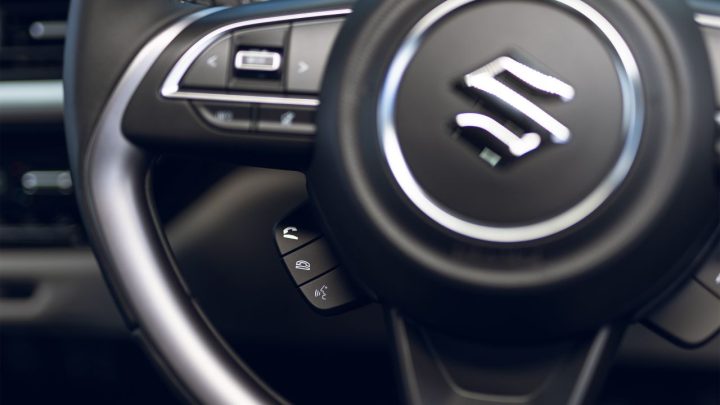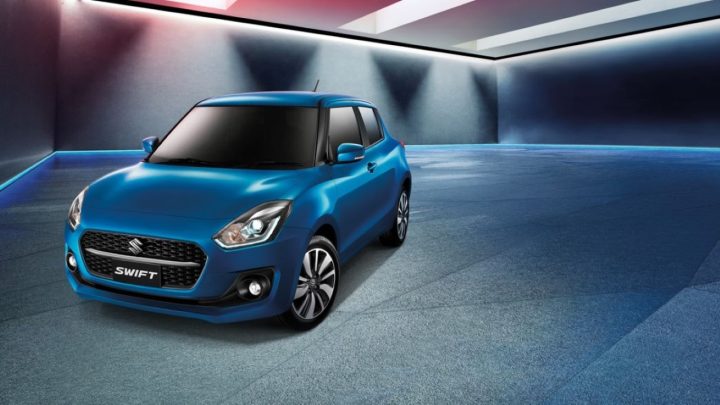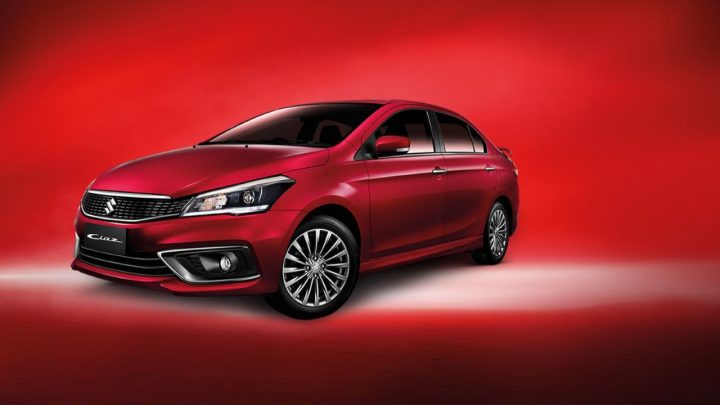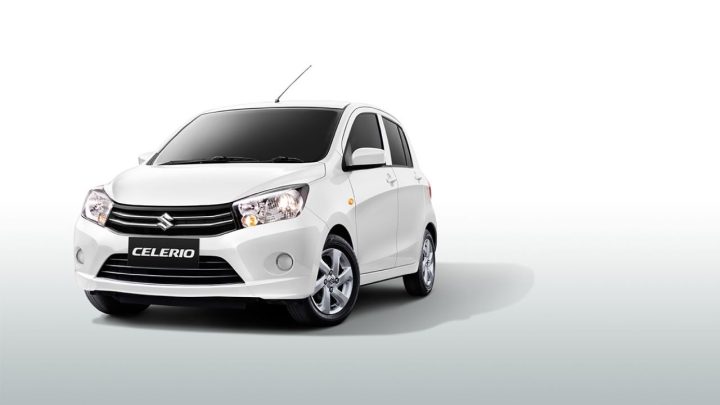
The automotive manufacturing plant of Suzuki Thailand will cease operations at the end of next year, 2025. This news was confirmed by the Japanese brand earlier this month and stated that the “decision was made as a part of reviewing Suzuki’s global production structure”. Established in 2011, the factory will completely shutter its doors 23 years after.
Suzuki set to close Thailand auto factory

Photo: Suzuki
2007 saw the Thailand government’s announcement of the eco-car project which Suzuki applied for. It wasn’t until 2011 that it received approval and Suzuki Motor Thailand was established. The plant commenced production a year later and has built as many as 60,000 units rolling off the production floor including exports.
However, the brand’s continued push for global carbon neutrality and electrification has urged it to close the Thailand plant as it considers optimizing global production sites within the group.

Photo: Suzuki
Located in Pluakdaeng, Rayong Province, the plant is composed of an estimated 800 employees. Notable models that are and were imported from the Thailand plant into the Philippines include the Swift, the Ciaz, and the Celerio. The latter two have already been discontinued in the Philippine market but the Swift remains a local offering.
To set the minds of its Thailand customers at ease, the brand assured that it will continue providing sales and aftersales services.
While this is a blow to the Thailand market – for employees and customers alike – what does this mean for us in the Philippines?

Photo: Suzuki
We did mention earlier that currently, the only model that we continue to import from Thailand is the Swift. Other models in the Philippines such as the DZire, Celerio, S-Presso, and Jimny are all sourced from India. Worth noting is that the 3-door Jimny is from Japan and the new 5-door model is from India. Indonesia also remains a source for other popular models like the XL7, Ertiga, APV, and the Carry.
That said, the great majority of models that the PH market carries still have a clear source of importation. Whether the Thailand-built Swift is in danger of being pulled out of the Philippines is uncertain, Suzuki still has a wide lineup of vehicles with no importation woes. If anything, India and Indonesia’s offerings might find a way into our local market. Who knows, this might even usher in the return of Suzuki production in the Philippines. If that happens, that would be great for us.


